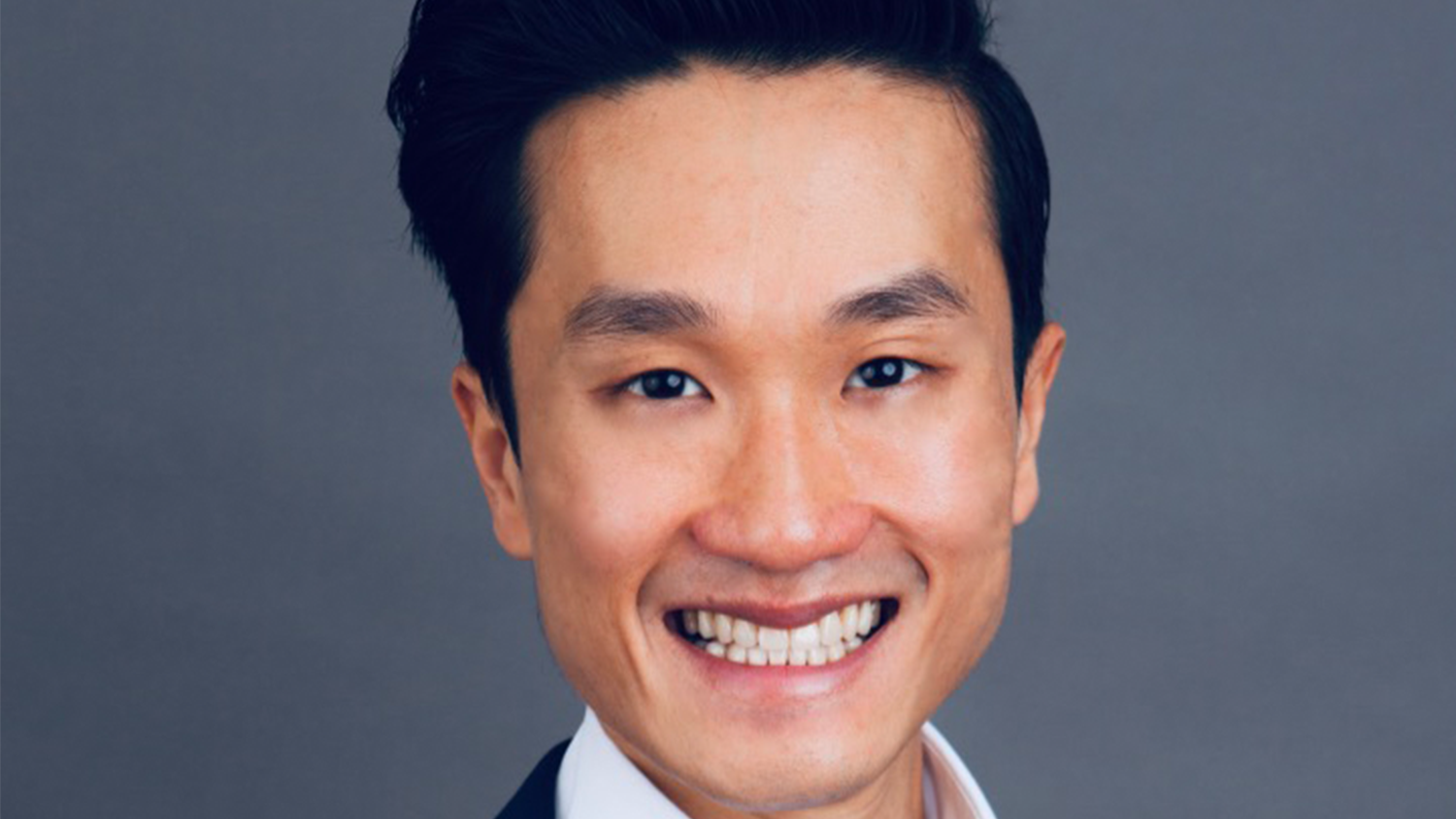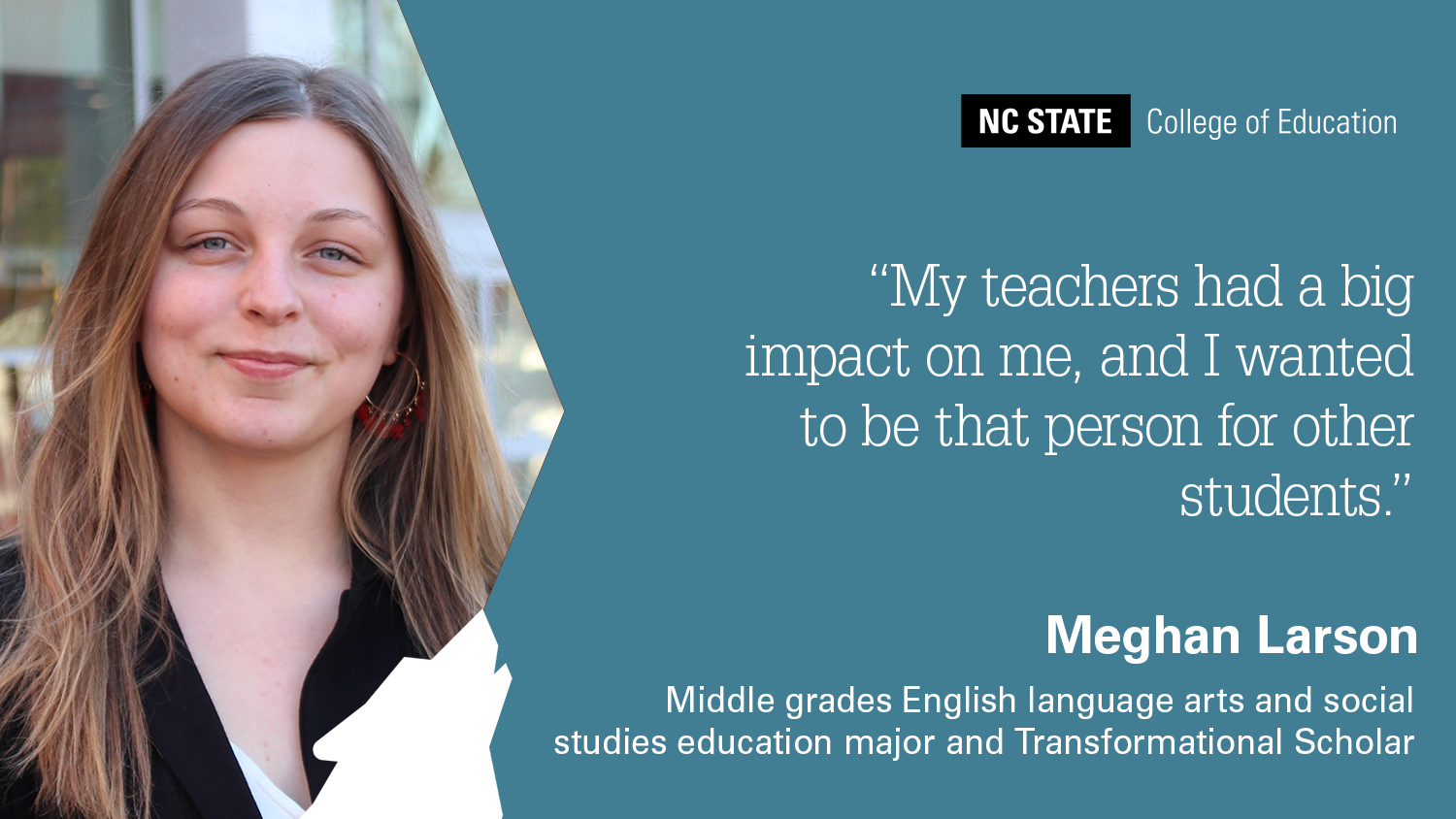Pack IDEAs Faculty Spotlight: Jessica DeCuir-Gunby, Ph.D.

In each edition of Pack IDEAs (Inclusion, Diversity, Equity, and Access), a newsletter released by the NC State College of Education Change Agent Task Force, we highlight faculty, students and alumni who have expertise and experiences that align with advancing diversity, equity, and inclusion (DEI) within the college. In becoming an anti-racist college community, we must deepen our commitment to creating and sustaining a healthy teaching and learning community that uplifts the humanity of all people, but especially Black, Indigenous and people of color, who due to structural inequities are marginalized in education and society. The spotlight feature offers a counternarrative that celebrates and showcases the brilliance of individuals within our college community.
Jessica DeCuir-Gunby, Ph.D.
Professor of Educational Psychology
Head of Department of Teacher Education and Learning Sciences
How long have you been on faculty at NC State? I joined NC State as an assistant professor in 2003 after I finished graduate school. This is my 17th year at the university.
Why is diversity, equity and inclusion in education important to you? I have always been interested in issues of diversity, equity and inclusion, particularly issues regarding race and racism. As an African American woman living in the South, race has always been a part of my everyday existence, including my experiences within education. When I was a graduate student, I decided to center my scholarship on the educational experiences of African Americans, focusing on race and racial identity development.
Are you currently conducting research around the area of diversity, equity and inclusion? If so, tell me a little about your research. I am finishing up a project on how African American college students’ experiences with racial microaggressions influence their feelings of belonging. Within this study, my research team is also examining how students cope with racism-related stress within the college context.
What are you hoping to accomplish as a result of your research and how do you hope it impacts the field of education and learners? It is important to understand how racism operates within higher education, particularly predominately white institutions. The findings can be used to better understand how subtle forms of racism, like racial microaggressions, impact African American students’ feelings of belonging. Also, it is imperative to better understand how African Americans can more adaptively cope with racism-related stress.
Are there community projects and/or initiatives you are involved in that are related to diversity, equity and inclusion? Tell me about those projects. Thandeka Chapman (University of California at San Diego), Adrienne Dixson (University of Illinois at Urbana-Champagne) and I just received a grant from the Spencer Foundation. The grant focuses on Black mothers, who are essential workers that work outside the home, and their experiences with their children’s remote learning during the COVID-19 pandemic. Throughout the pandemic, we have assumed that all parents have the same availability, resources and can easily shelter in place with their children. This study will provide a counternarrative by examining how Black essential worker mothers are meeting the education demands from their children’s schools and school districts. Findings from this study will provide implications for schools and school districts for designing and implementing distance learning in racially and socially diverse school contexts. Although this study will focus on two urban school contexts outside of North Carolina, I hope to expand what we learn in this project to the North Carolina context.
What do you hope to teach future educators and scholar-leaders about equity and inclusion in education? How do you incorporate that into your instruction and curriculum? I bring issues surrounding equity and inclusion to all of my courses. I teach courses that explicitly focus on diversity and race. While in other courses, I thread aspects of diversity throughout the curricula. Within my courses, I emphasize to students that it is important for them to be advocates and allies. I remind students that they cannot be afraid to stand up for issues of social justice. They cannot expect others to do the hard work and they have to be willing to take a stand, even when facing adversity.
Is there anything else you’d like to share with the College of Education community? There is no quick fix to address issues of diversity, equity and inclusion, especially racism. It will require significant investments including time and financial resources. At times it will also be emotionally painful. However, this is the work that we need to do in order to make our community better, which in turn helps us to produce even better educators, leaders and researchers.
- Categories:


